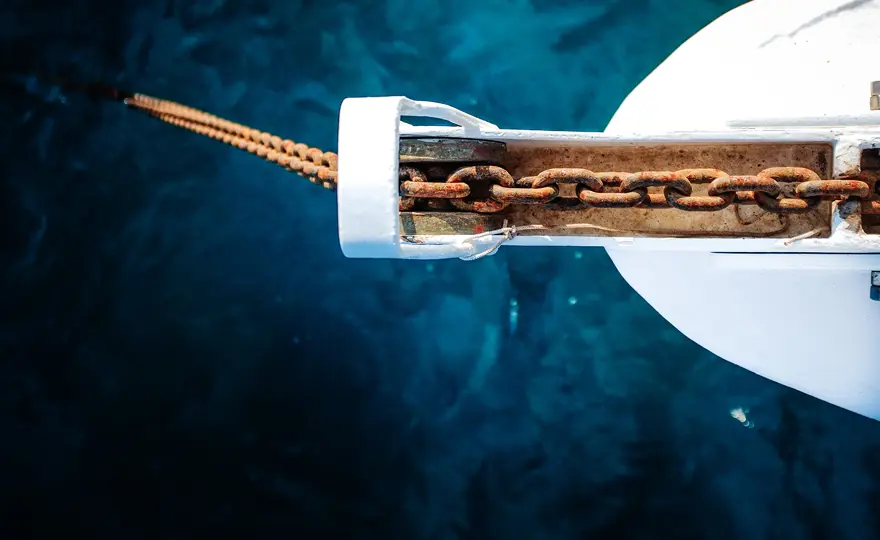ClientEarth Communications
1st January 0001


Controlling and sanctioning EU fisheries lawbreaking has improved over the last decade – but more must be done to comply with the Common Fisheries Policy (CFP), according to a report released today by EU auditors.
The European Court of Auditors (ECA) looked at how the rules controlling EU fisheries (known as the Control Regulation) have been implemented in four member states: France, Italy, Spain and Scotland in the UK. They found severe issues with data management and checks – countries did not properly verify the accuracy of their fleets’ capacity, and catch data for small boats was incomplete and often incorrectly recorded.
EU countries also have a poor track record when it comes to enforcement. According to the report, the sanctions applied are not always enough to deter lawbreaking, and cases of repeat offenders were identified in all the member states audited.
ClientEarth lawyer Elisabeth Druel said: “We welcome the report of the Court and agree with its findings. It is true that fisheries controls in the EU have improved in the past decade, but that much more needs to be done in order to better implement the rules of the CFP. In that respect, the auditors point to several shocking situations in their report.
“The state of play when it comes to sanctions is one of those situations – is it acceptable that the penalty point system has not yet been fully implemented by some EU Member States, even though this should have been completed over five years ago? Is it normal that in a country like France, administrative authorities have no access to data on criminal sanctions and are therefore unable to maintain an up-to-date national register of infringements, as it is their obligation to do so?”
The auditors also looked at how the penalty point system - through which major offenders receive points when they commit serious infringements and can have their fishing license suspended or revoked – was working. They found that only Italy was fully making use of this system. In Spain and Scotland, it was only partially implemented, and they could not find evidence of its implementation in France.
Another important issue is the absence of reliable catch data for some EU fleet segments, like small-scale fisheries. This in turn questions the reliability of data used to produce scientific advice upon which management measures (like fishing quotas) are adopted in the EU. Developing appropriate tools to ensure that all fleet segments are properly monitored and report on their catches should be a matter of priority.
In their conclusions, the auditors call on member states to fully implement the provisions of the Control Regulation. They also suggest several amendments to make the law more effective. ClientEarth supports the need for a better implementation of the Control Regulation and underlines that any revision of this text should be limited, aiming only at tackling technical issues and improving the current rules.
Read the Court of Auditor's Special Report No 08/2017: EU fisheries controls: more efforts needed
Read ClientEarth's report: Slipping through the net - the control and enforcement of fisheries in England, France, Ireland and Poland